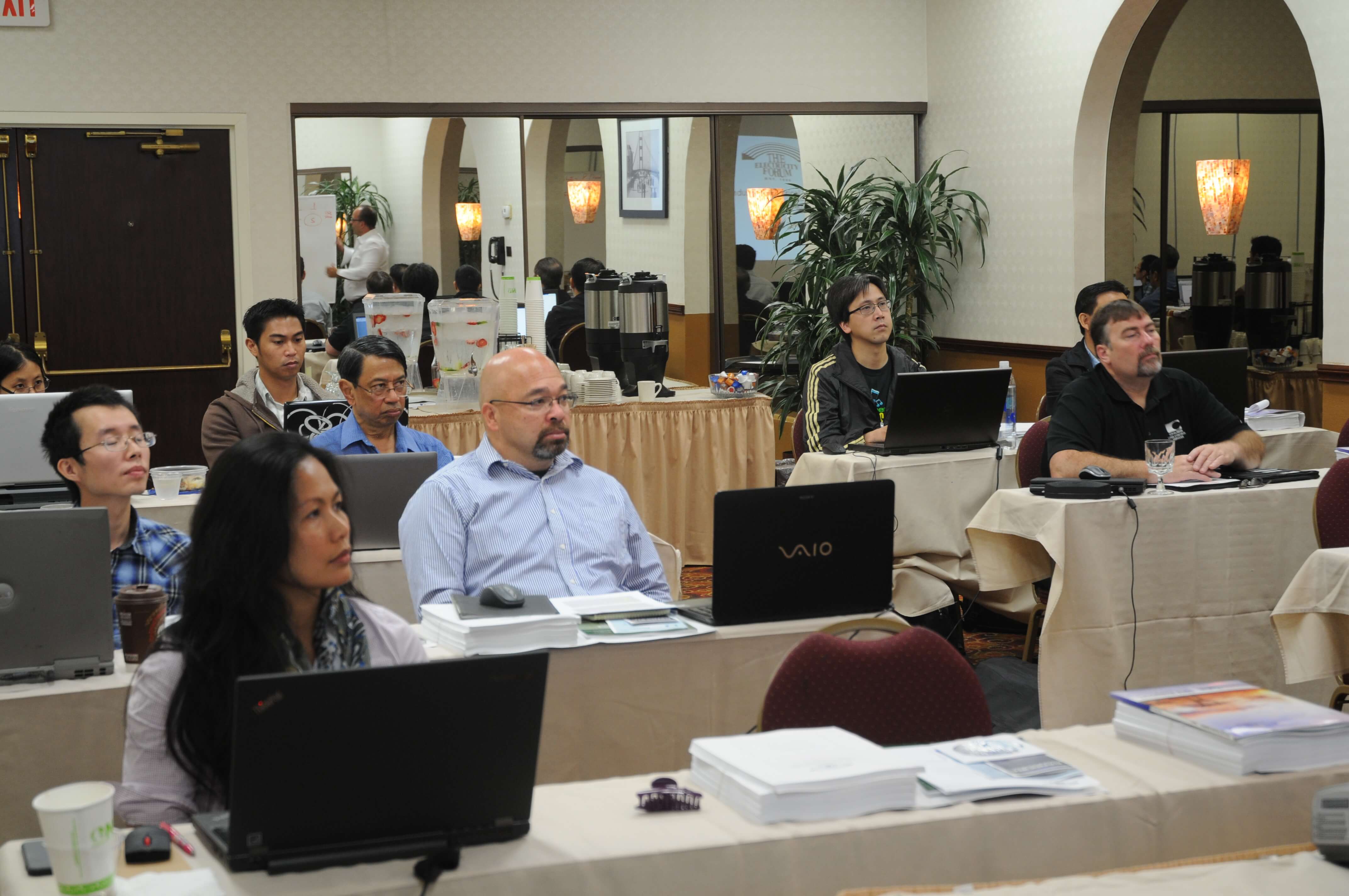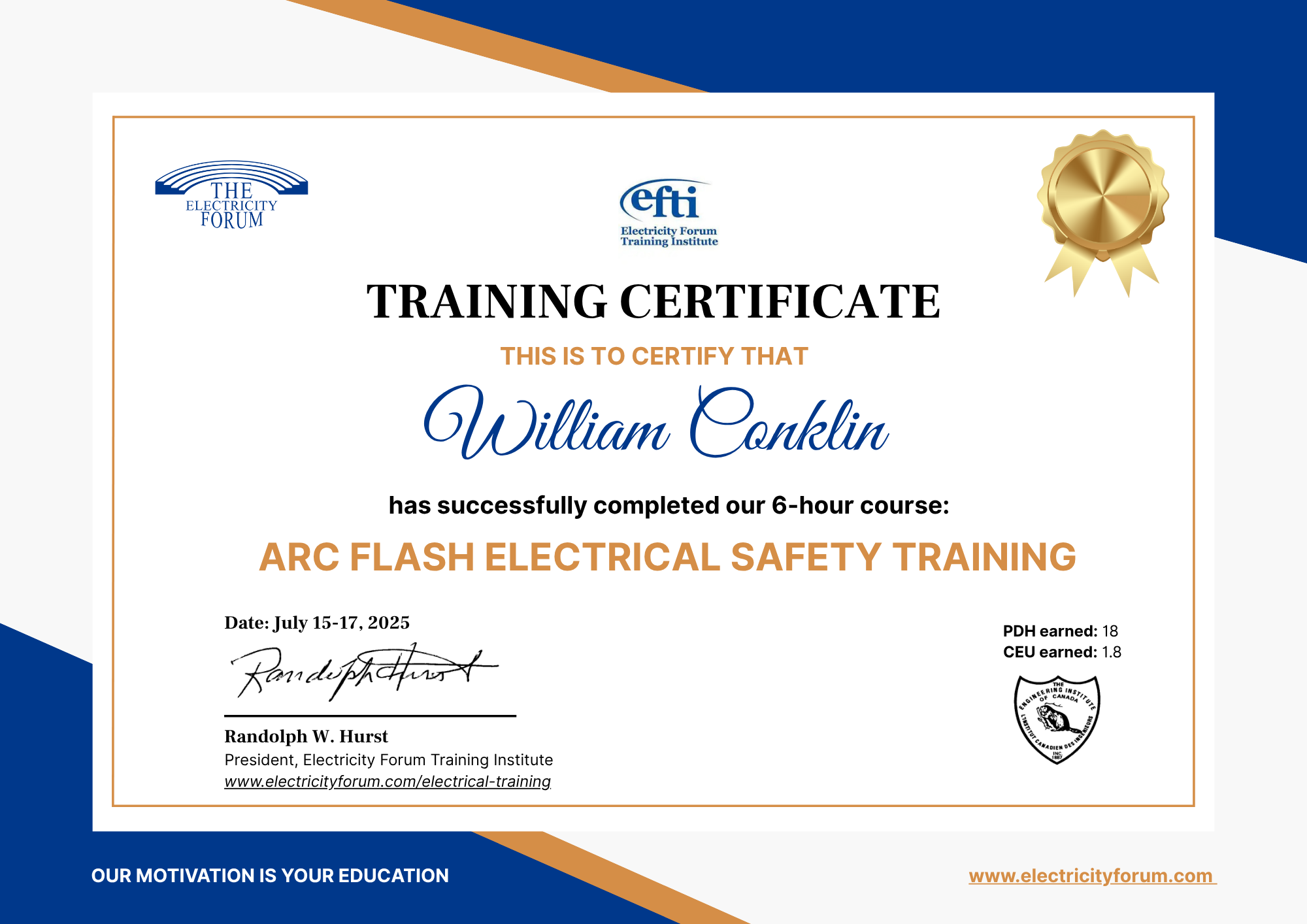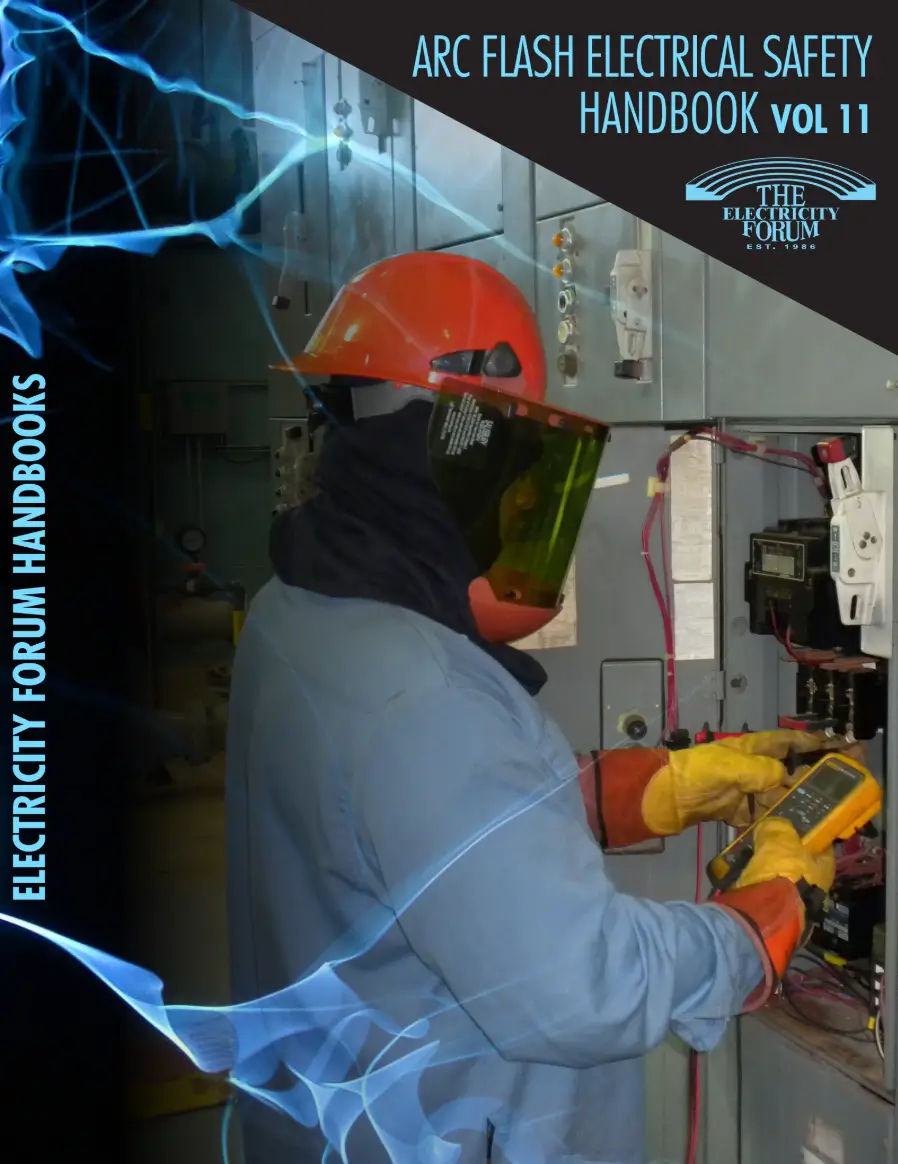Our Substation Relay Protection Training is a 12-hour, instructor-led live online course designed for utility and industrial professionals involved in protective relay design, installation, testing, or maintenance. This course is ideal for electrical engineers, substation technicians, and system protection personnel who need a deep, practical understanding of relay protection principles across key substation assets.
Participants will gain applied knowledge of how relay protection systems safeguard transmission and distribution lines, transformers, buses, generators, and motors. You'll explore the function, coordination, and implementation of relay types such as overcurrent, directional, impedance (distance), differential, underfrequency, and generator protection relays. Real-world considerations and common challenges will be discussed, helping learners apply protection strategies effectively in the field.
This training emphasizes the theoretical foundations of relay protection and the practical tradeoffs, constraints, and modernization trends, including the growing role of data communications and substation networking technologies like IEC 61850.
Course Learning Objectives – Substation Protection
By the end of this course, participants will be able to:
-
?? Explain core system protection concepts and their importance in maintaining grid reliability
-
?? Understand the operation and role of batteries, battery chargers, trip/close circuits, and DC control systems
-
?? Apply protective relays to critical substation components, including transmission/distribution lines, transformers, generators, and motors
-
?? Identify and describe the operation of key relay types: overcurrent, directional, impedance, differential, underfrequency, and generator relays
-
?? Recognize the design tradeoffs and system constraints involved in protection system coordination
-
?? Evaluate the benefits of modernizing substation protection using digital relays and data networking technologies
Related Training and Resources
To enhance your understanding of electrical infrastructure, see our related courses and guides:


















